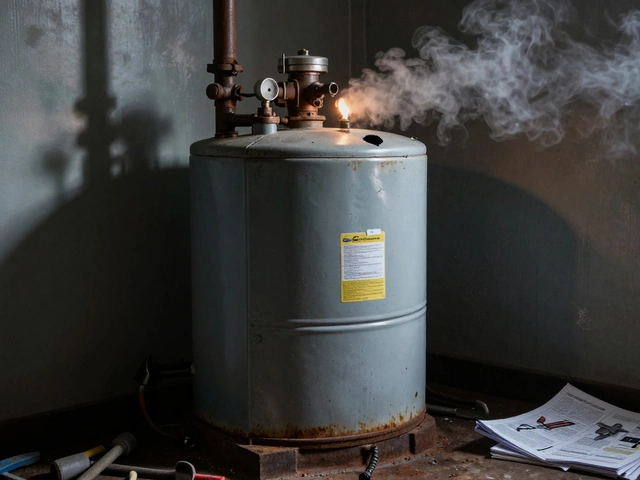Upgrade or Replace Laptop? Key Factors to Decide Now
When your laptop, a portable electronic device used for work, entertainment, and communication. Also known as a notebook computer, it starts slowing down, it’s easy to panic. But is it time to upgrade your laptop—or should you just replace it? This isn’t just about money. It’s about how long your device will actually last, what it can still do, and whether fixing it makes sense at all. Many people assume upgrading RAM or swapping the hard drive will bring their old laptop back to life. Sometimes it does. Often, it doesn’t.
Let’s look at the real laptop lifespan, how long a laptop typically functions before it becomes unreliable or obsolete. Most laptops last 3 to 5 years before performance drops noticeably, and 5 to 7 years before parts start failing. After that, repairs get expensive, and replacement parts are harder to find. If your laptop is older than five years, even a simple laptop repair, fixing hardware or software issues to restore function like a new battery or SSD might only give you a short reprieve. You’re not fixing the future—you’re patching the past.
Now, think about what you actually use it for. If you’re just browsing, writing emails, or watching videos, even a five-year-old laptop can still handle it—especially with an SSD upgrade. But if you’re editing video, running design software, or gaming, your processor and graphics card matter way more than memory. And those rarely get upgraded. Most laptops have soldered components. You can’t just pop in a better CPU. That’s why a $200 repair on a $700 laptop from 2019 might not be worth it when you can get a brand-new, faster model for $500.
Then there’s the hidden cost: time. Waiting for a repair, losing work, dealing with downtime—those add up. A new laptop arrives today. A repair? It might take three days. And if it breaks again in six months? You’re back to square one. That’s why so many people who think they’re saving money by repairing end up spending more over time.
There are exceptions. If your laptop is still under warranty, or if it’s a high-end model with replaceable parts, upgrading makes sense. If you’re on a tight budget and just need it to last another year, a clean install and SSD can help. But if your laptop is slow, noisy, overheating, or has a cracked screen, those aren’t just inconveniences—they’re signs the system is worn out.
Below, you’ll find real-world guides that break down exactly when to repair, when to upgrade, and when to walk away. From cost comparisons to performance tests, these posts show you what actually works—not what the salespeople tell you. No fluff. Just facts you can use to decide once and for all whether your laptop deserves another shot—or if it’s time to move on.
Is a 10-year-old laptop worth keeping? The answer isn't about nostalgia - it's about cost, security, and real performance. Learn when to repair, upgrade, or replace your old machine.


